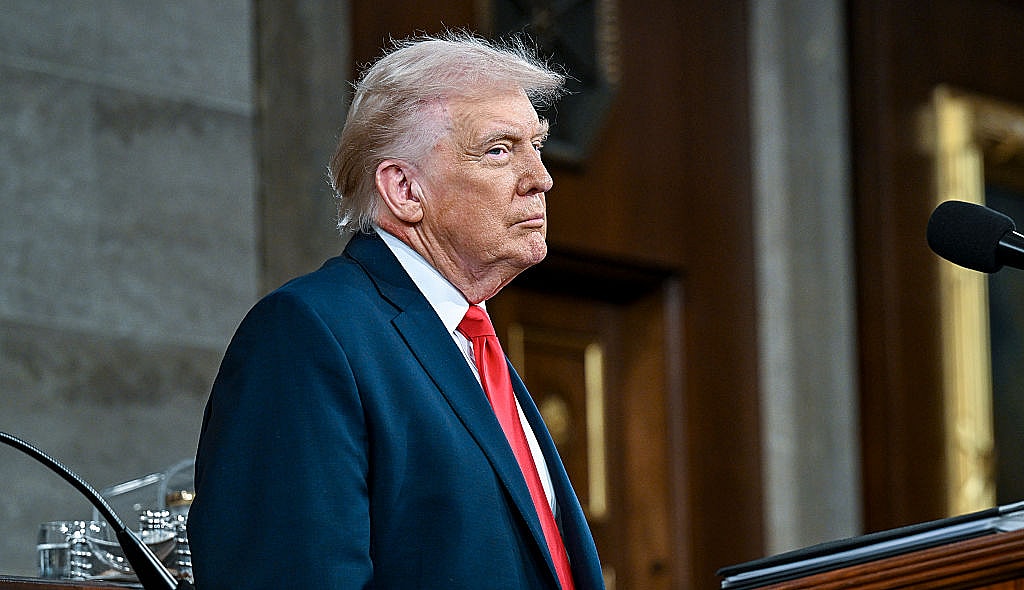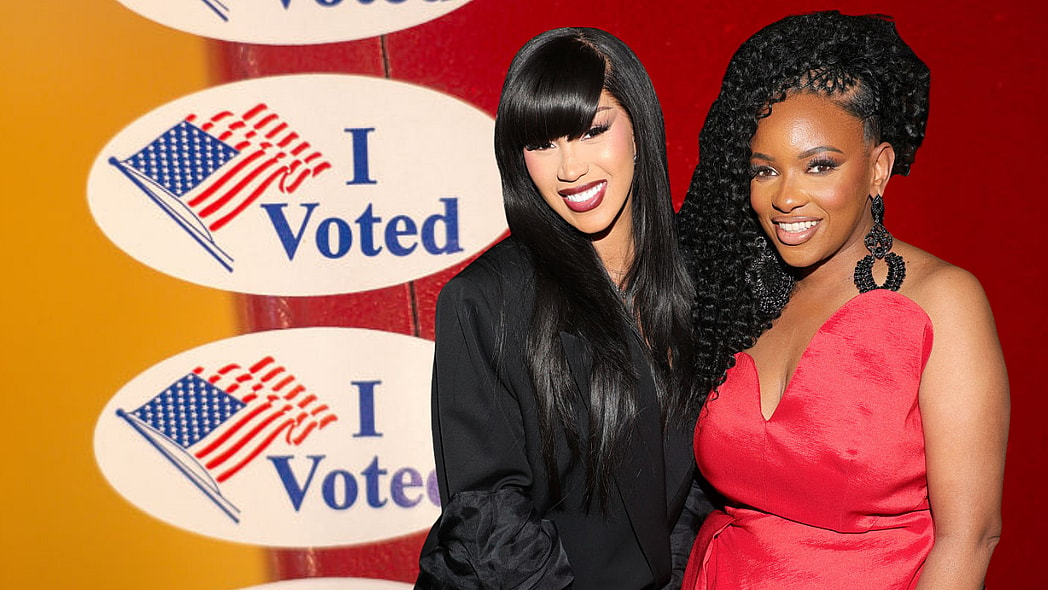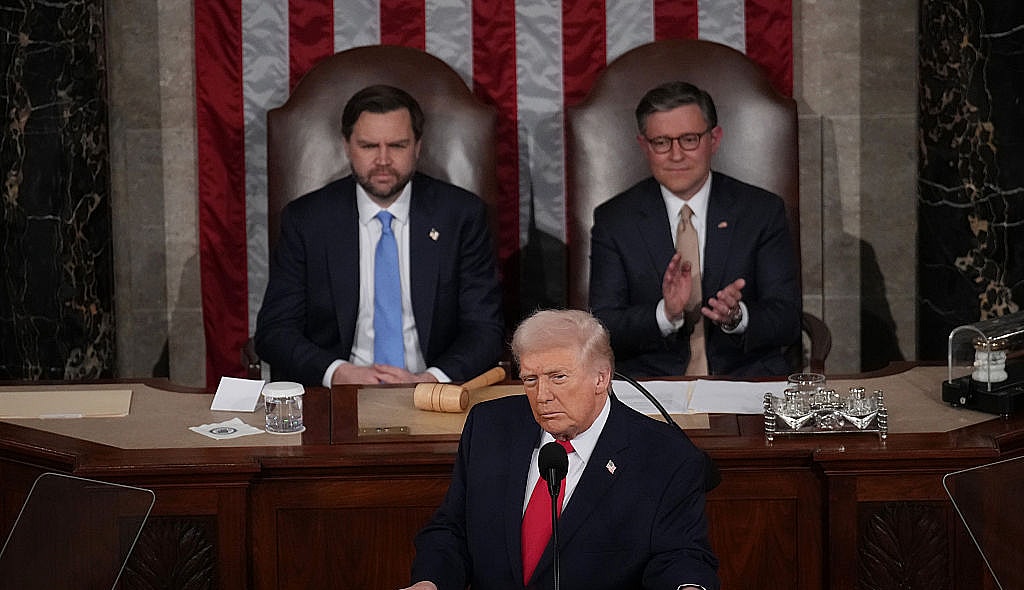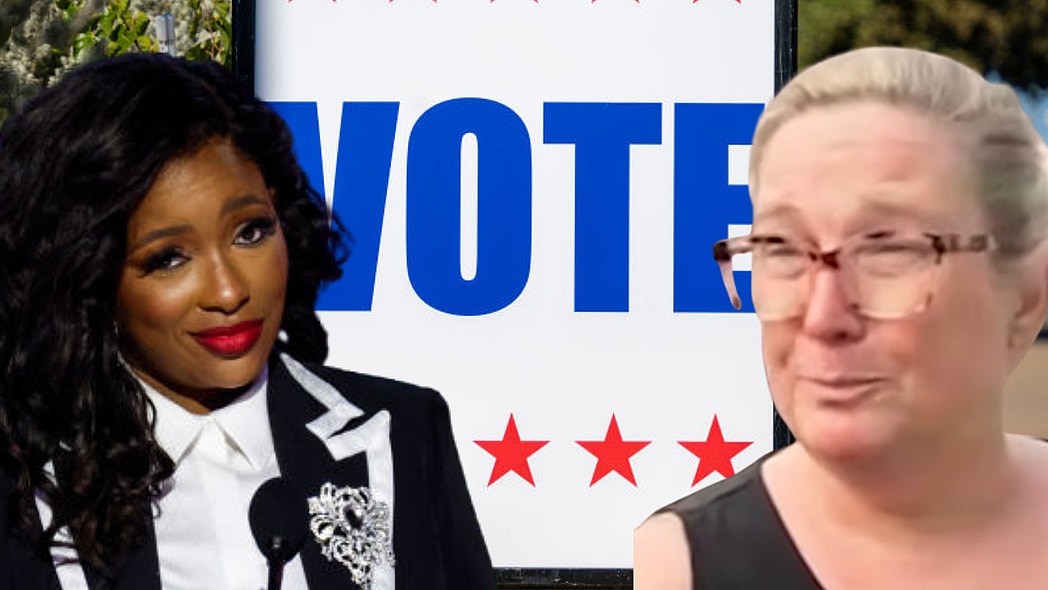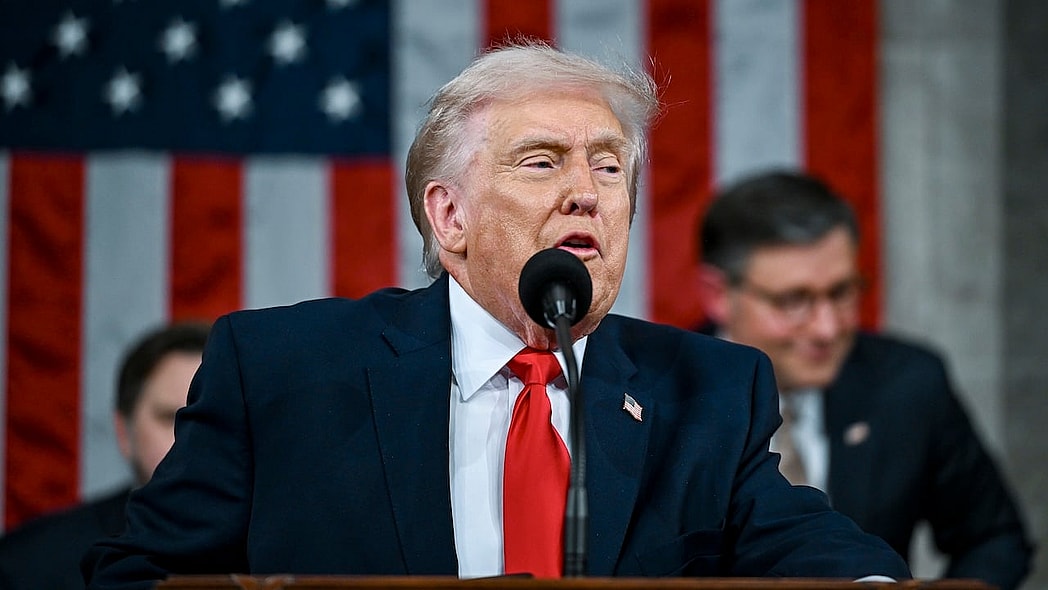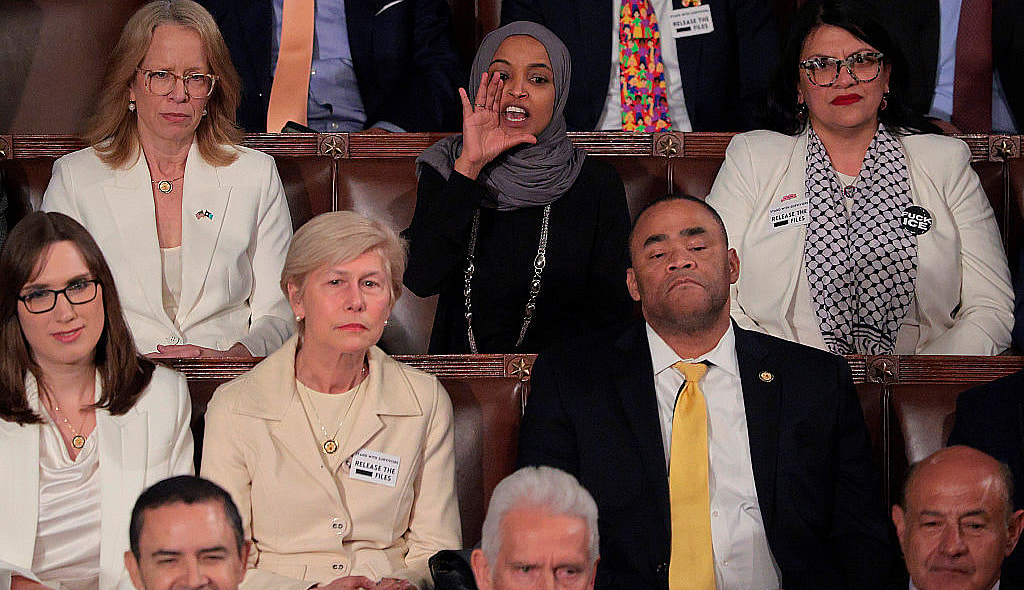In the aftermath of the 2024 appropriations bills, one major change that hasn’t received significant attention is a notable one: the disbandment of the House Office of Diversity and Inclusion (ODI). Congress must reverse course and reinstate the ODI, reaffirming its dedication to ethical governance and equitable representation.
Congress’s historical lack of diversity — marked by its disproportionate whiteness, maleness and affluence — has long been a critique of the institution and its efficacy. The ODI, which was established in 2020 during the 116th Congress, emerged as an independent, bipartisan entity charged with promoting “diversity among House employing offices so that the House workforce reflects the diversity of America.” Considering that our country is still grappling with structural racial and economic disparities, the decision to pull the plug on the ODI is a step backward in the ongoing battle to amplify the voices of and opportunities for all people, including those from historically oppressed communities.
Congressional staff, particularly those in top positions, play a major role in shaping our national policy. From advising lawmakers on legislative priorities and funding allocations to helping shape the details of policy, these individuals have considerable influence over the direction of our government. Embracing a more representative approach to policymaking and incorporating input from a diverse group of stakeholders at every stage of development has the potential to revolutionize how we tackle issues and achieve more meaningful outcomes.
If our laws and justice system remain influenced by a select few, they will only cater to the interests of the privileged. Some of the most urgent policy matters of our time, such as health care, immigration and criminal justice reform, disproportionately impact people of color. Every political office holder brings their personal background and experience to bear in their work on behalf of the public. It is impossible for Congress to effectively address issues that impact all people and uniquely impact specific communities if they are not represented among the decision-makers.
Diversity on Capitol Hill can also influence the ethical, as well as policymaking, norms of Congress. According to a study by Northwestern University and Columbia University, Americans perceive diverse companies as more ethical than homogenous ones. Additional research confirms that diversity can influence ethical behavior in organizations. Diversity in institutions like Congress is critical not just for representational reasons, but also because it can provide “checks and balances” for unethical behavior arising from the desire to conform.
Legislation crafted and cultivated by ethical leaders who value diverse voices, perspectives and backgrounds becomes effective policy that truly serves the needs of the people. Alabama’s House of Representatives recently approved HB 227, legislation that would have enforced stricter penalties for some ethics violations. The bill, which ultimately died in committee in the Senate after questions were raised about its efficacy, would have originally granted authority to appoint Ethics Commission members to the secretary of state and director of the Securities Commission. State Rep. Laura Hall, the first Black woman to represent her district, introduced an amendment to restructure the appointing authority, advocating for a change in the rotating system to ensure diversity on the ethics commission. The unanimously approved amendment highlights the necessity of and demand for diverse voices at the decision-making table if the legislature reassesses its ethics law again in the future.
Politics
Diversity in Congress has grown in recent years, and the tenure of the ODI has been an integral part of this transformation. The 118th Congress stands out as “the most diverse,” with 27 newly elected members in the House representing various racial or ethnic minority backgrounds, in contrast with the previous Congress, where only 16 new House members were non-white. These modest but important increases, notably while the ODI was in full swing, reflect a changing landscape of acceptance and diversity within our legislative body–but there’s still more work to do. According to data collected by the Joint Center, people of color account for 40 percent of the population, yet remain vastly underrepresented, with the top House staff from minority backgrounds inching up from roughly 14 percent in 2018 to a modest 18 percent in 2022.
ODI’s intentional defunding not only turns a blind eye to diversity, equity and inclusion (DEI) efforts, but it also undermines the integrity of our legislative process. The congressional ethics regime is designed to make certain that the voices of regular Americans aren’t marginalized based on wealth and access, like campaign donations. Its entire purpose is to ensure that government institutions and officers work on behalf of the public – all of the public. As the House Ethics Manual notes, “Government is a trust, and the officers of the government are trustees, and both the trust and the trustees are created for the benefit of the people.” Ethical governance requires a commitment to transparency, fairness, and equal representation. The disbandment of the ODI runs counter to these principles, signaling a retreat from the very slight progress made in promoting diversity and inclusion within Congress.
Donald K. Sherman serves as the executive director and chief counsel of Citizens for Responsibility & Ethics in Washington (CREW). He has served in various oversight, ethics, and policy roles in the Executive Branch and Congress including the White House, the Senate Homeland Security and Governmental Affairs Committee, the House Ethics Committee, and the House Committee on Oversight and Government Reform.
Diamond Brown is policy counsel at CREW, where she crafts advocacy initiatives to enhance ethical and transparent government practices and has helped secure bipartisan support for critical legislation. She also plays a central role in various coalition groups, spearheading efforts to safeguard democratic principles with a focus on voter rights, curbing corruption, and promoting accountability.


